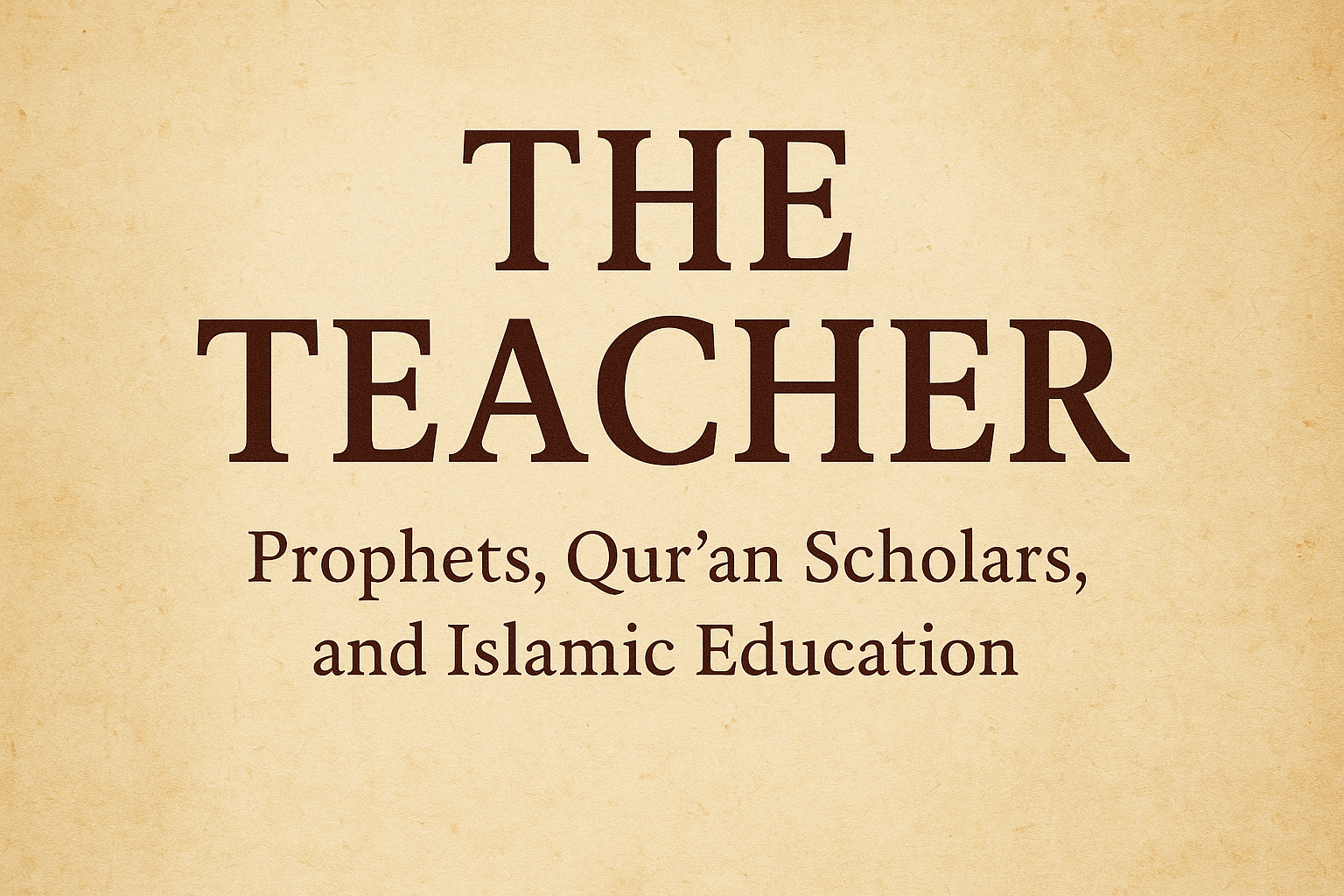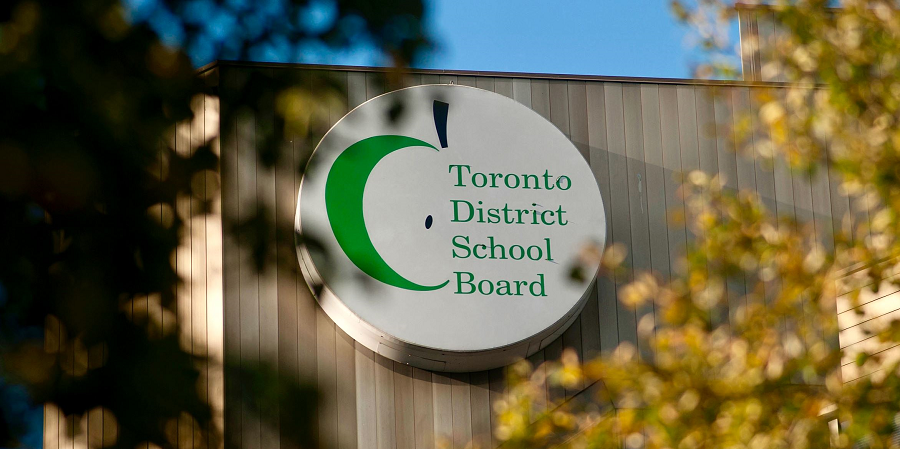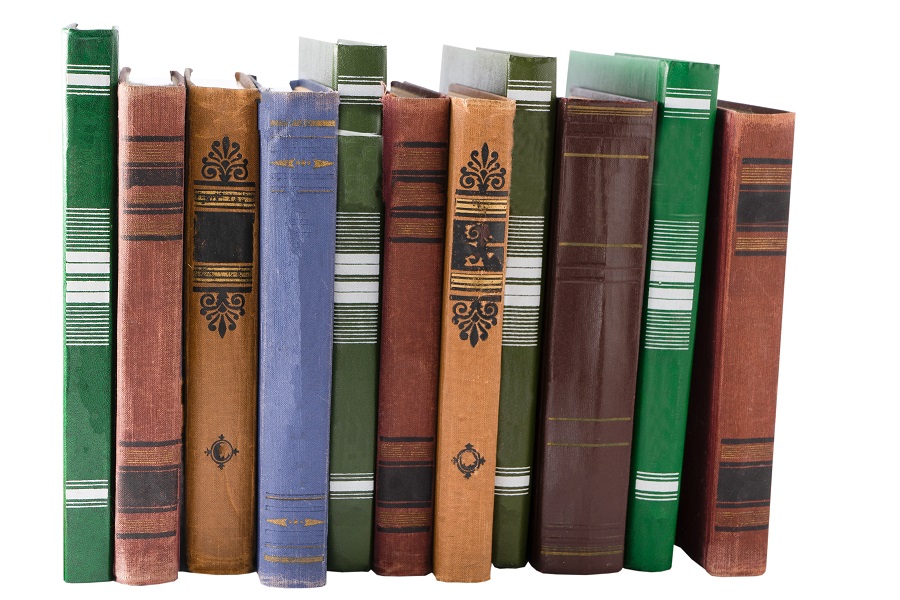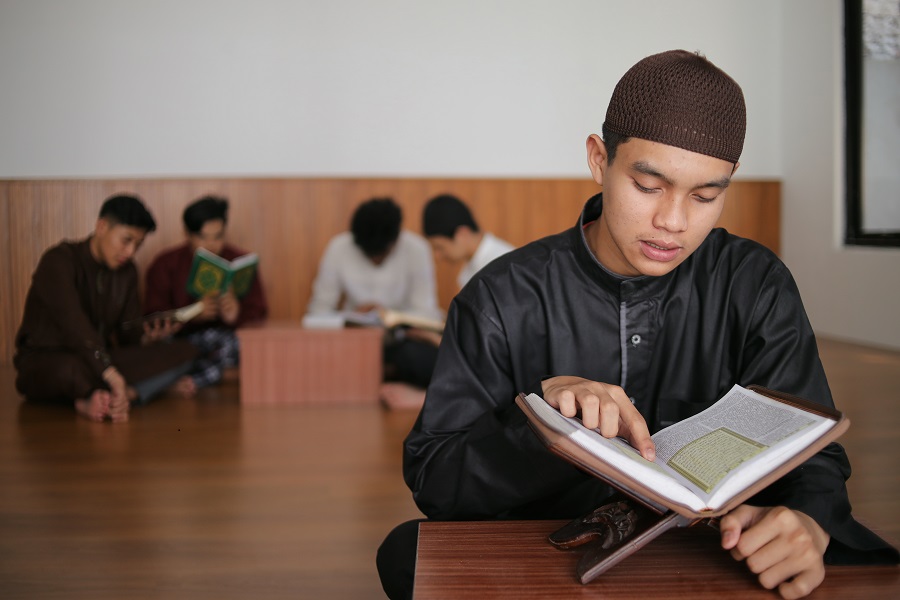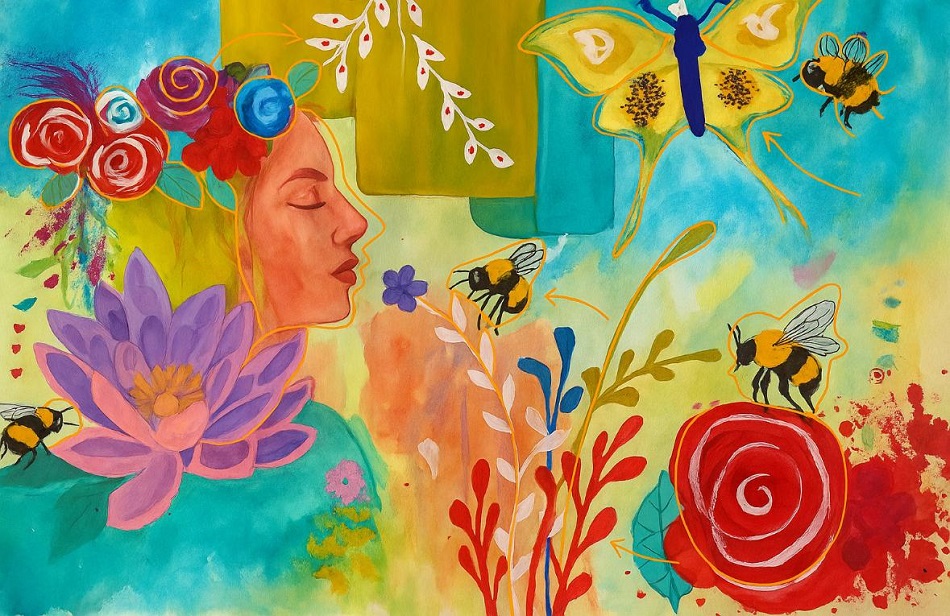SYED JAWED ANWAR
First Published: Muslims Weekly, New York June 25, 2004, Issue No.#225
IN GENERAL, people think that English and Western Education started in India after the British occupation and after the educational movement of Muslim scholars (for example, Sir Syed Ahmed Khan) who cooperated the British occupiers. Historically, however, this notion is not accurate. Several British historians have noted that only few nations throughout history can match the educational tradition that Indian Muslims had. The scholars of Muslim India were always trying to learn every knowledge and skill that might be fruitful and beneficial to them. British historians and orientalists, however, distorted history and made accusations that “Muslims were reluctant to learn and were against the English language.” In actuality the opposite was true. Muslims were not against any language or skills, but were wary of Western civilization and its cultural values. British writers used the respectful titles of Muslim Scholars --Ulema, Mullah, and Maulvi-- in a humiliating way despite the fact and they knew that Mullah Abdur Rehman Jaami, Mullah Abdul Hakim Sialkoti, and Mullah Jeewan Amethi were highly respected and knowledgeable people of their time.
Professor Muhammad Saleem (d. 2002) researched Western educated Ulemas of India before Sir Syed’s Aligarh and wrote a biography of 150 Ulemas, Mullahs, or Maulvis who studied and traveled to obtain Western education at a time when Arabic and Farsi were the dominating languages and when English was not required in order to get clerical jobs under the British occupation. Based on his research, Professor Saleem wrote a book in Urdu, Maghrabi Zubanon ke Maahir Ulema, Aligarh College ke Qayam se Pahle (The Western Languages Expert Scholars Before the Establishment of Aligarh Collage). He got help from an unpublished dissertation, in Urdu, by Hakim Mahmood Ahmed Barkati of Karachi, Pakistan.
Muslims had a very obvious intellectual superiority over the West. The people of the East viewed Westerners as sea pirates, thugs, looters, and ignorant. They were known as firangi (aliens from the West) several centuries before the occupation. Mujaddid Alif Saani (the great scholar of Islam, 1564-1636) wrote a letter about someone and described him as “ignorant like firangis .”
When Mughal Emperor Akbar received news of the death of his finance minister Mir Fatahullah Shirazi, he promptly responded, “If he had been kidnapped by a 'firangi" asking ransom for Mir Fatahullah, I would have given the firangi all my wealth and treasure to get Mir Fatahullah back, and I would still have felt that I was the one who profited.” In the eyes of Akbar, firangis were just sea pirates; however, he gave full freedom to firangis to travel, stay, buy lands, and do businesses wherever they want and without any type of restriction.
Scholars before Aligarh College, who learned Western languages, strictly adhered to Islamic ideals; however, after Aligarh College, the values of Western-educated Muslims began to be diluted in the salt sea of Western civilization. Higher educated people of these colleges and universities were now westernized and secularized, and most of them practically left the Islamic values to adopt the new one --the new master’s “code of life.”
Islamic View Point for Learning Foreign Languages:
Prophet Muhammad (s.a.w.) advised and encouraged his Sahabas (companions) (r.a.w.) to learn foreign languages. He ordered Zaid Bin Saabit Ansari to learn Siriani, Aramaic, Farsi and Habshi and Zaid (r.a.w.) learned these languages (quoted in Mishkaat). Umaru bin Alaass knew Siriani. A famous scholar of Fiqah Hanafi, Mullah Sultan Ali Qari Harwi (1014H/1605AD), in a description of this Hadith (saying of Prophet Muhammad), said, “Islamic Sharia allows us to learn any language, whether it be Hebrew, Suriani, Hindi, Turkish, Farsi, or any other language.”
From the teachings of Islam, Muslims learned every language wherever they went. When Muslims came to India, they even learned Sanskrit, the language of Hindu gods, and Hindi, the language of Hindus. Masood Saad Suleman Lahori (d. 515H/1121AD) and Amir Khusru (d. 725H/1325AD) were famous poets of the Hindi language.
When English was brought to India, Muslims of India immediately began learning English. Shah Abdul Azeez Muhaddis Dehlavi (son of Shah Waliullah, b1702-d1763, a great reformer and scholar of India), the most influential and respected personality of his time, and Maulana Firangi Mahli Lucknavi (1886), the most influential scholar of his time decreed (fatwa) to learn English: “To learn the English language for tashabbah (resemblance) is prohibited; however, to learn English to read letters and books is allowed” (Majmooa Fatawa, Volume 2, Page 80). (Tashabbah means to try to resemble people from another culture and to emulate their values at the cost of your own identity.)
Islamic scholars of India learned Western languages at the level that they have written books in English, delivered speeches, and edited books and transcripts. Here are a few examples from the history (all these examples are mentioned in Professor Syed Muhammad Saleem’s above mentioned book):
1. Mughal Emperor Akbar (1556-1605) invited Father Edward Leiton and Christopher de Vega from Goa (a state/province of India and a colony of Portugal at that time) and told them to establish a school to teach firangi languages. Children of elite and high officials, including his son Murad, were admitted to the school. These students were taught Latin and Portuguese languages. However the Christian religious teachers were not interested in teaching languages; instead, they were only interested in converting Muslims, particularly the King, to Christianity. However, it was the first firangi Madrasah established by order of the king. Abul Fazl, the Prime Minister of King Akbar, translated the Bible into Farsi. Abdur Raheem Khan was appointed by Akbar to learn firangi languages. Farid Bhakri wrote about him, “Abdur Raheem knew all the languages existing in this world.”
2. In the period of Emperor Aurangzeb (1658-1707), Rustam Khan Bin Dianat Khan Badakshani, alias Muatmad Khan, was the first Indian who visited western countries. He visited Lisbon, the capital of Portugal. He translated a book of mathematics from Latin to Arabic. The name of the book was Clavious On Gromonics, first published in 1581 in Rome. The original book and its translation in Arabic are available at the India Office Library, London.
3. Abul Fatah Tipu Sultan (1782-1797), the bravest and most farsighted ruler of India, was well aware of modern education and its development in the West. He invited several scholars from France. He established a huge library with thousands of books. After his martyrdom, most of his books were moved to Fort William College, Calcutta. Charles Stuart prepared a catalogue of the books, “Descriptive Catalogue of the Oriental Library of Tipu Sultan” by Charles Stuart,London, 1809. Tipu Sultan established the first center in India for the translation of books written in Western languages. These books are generally on medicine, pharmacy, and surgery.
4. Nawab Fakhruddin Khan, of Hyderabad Deccan, who was married to the daughter of Asif Jaah Sani, took special interest in Western skills and technology. Perhaps inspired by Tipu Sultan, he formed an institution for translations. This institution has translated various books of geometry, algorithm, astronomy, physics, hydrostats, chemistry, and medicine in the Urdu language.
5. Nawab Ghulam Ghaus Khan Bahadur (1844-1855) established a Madrasah, Madrasah Aazam in Arcot (presently in Tamil Nadu state/province of India). This Madrasah was open for all, and the English language was taught along with Arabic and Farsi. Nawab Salaar Jang, of Hyderabad Deccan, was an expert in Arabic, Farsi, and English. He established a Madrasah, Madrasah Aaliya in 1854, in which English was taught along with Arabic and Farsi.
6. In the beginning of the East India Company, the court law was still Fiqah Hanafi. The famous book of Hanafi, Hidaya was translated into Farsi from Arabic by Qazi Ghulam Yahya Bihari, with the help of Maulvi Tajuddin Bangali and Syed Muhammad Yasin Irani. Captain Hamilton translated this book into English in three volumes, with the help of the Farsi translation. By order of Chief Justice of Calcutta, John Herbert Harrington, Mufti Muhammad Arshad (1221H/1805A) edited all manuscripts for accuracy.
7. Mir Mohammad Hussain Londoni (1777) wrote a travelogue of London and translated a medical book from English to Farsi.
8. Abdul Qader Jaunpuri (d. 1787) wrote several books in Arabic on chemistry, geography, and literature. Two of his most famous books are (1) Alhakma Bainul Uloom al Mashraqiya and Al-Maghrabia (Comparison of Knowledge between East and West) and (2) Kitab fi Taaqub Alial Bacon al Magrabi (The Book on the Criticism of Francis Bacon’s book). The depth of his Western knowledge was apparent.
9. Allama Tafazzul Hussain Khan Kashmiri, a native of Sialkot, Punjab, was a brilliant person of his time. At age thirteen, he moved to Delhi and got various types of education from different teachers. He had almost all the necessary knowledge available in the world. He studied physics, mathematics, optics, and various other subjects in depth. He knew English, Latin, Greek, Farsi, and Arabic languages and translated more than a dozen important books. He translated Sir Isaac Newton’s book Principia Mathmatica (1687) directly from Latin to Arabic.
10. Hakim Athar Ali Dehlavi was a reputed medical doctor of his time. He wrote a dissertation “Cure of Elephantiasis” in English in 1783; in 1792, the paper was published in a historical academic journal of London, Dissertation on Miscellaneous Pieces Relating to the History and Antiquities, Science, and Literature of Asia.
11. Dr. Wazeer Khan, son of Nazeer Khan Pathan of Bihar, completed his modern medical education from Calcutta and went to London for further education. He was disturbed to know that Christian missionaries, after learning Arabic and Farsi, were active in religious debates and fooling Muslims to divert them from their faith. He collected all available editions of the Bible and the Torah and their commentaries and brought them with him to India. He earned expertise in English, Latin, and other languages. He was posted in Agra as a physician. He collected Ulema (Islamic Scholars) in Jama Masjid and started teaching them the Bible and the western languages. After three to four years of teaching, he prepared several Ulema to respond to the Christian missionaries. In 1854, there was a religious debate (Munazra) between a Christian and a Muslim religious scholar in Agra. The debate was won by the Muslim scholars. Dr. Wazeer Khan and Maulvi Rahmatullah Kiranwi, defeated Christian missionaries on every debate and on every occasion.
(This is a series of columns for the understanding of the history of centuries old Madrasa and Islamic Education System in South Asian perspective published in the Muslims Weekly, New York, USA, in series of the weekly column “Personal Notes.” Syed Jawed Anwar can be reached at jawed@seerahwest.com).
